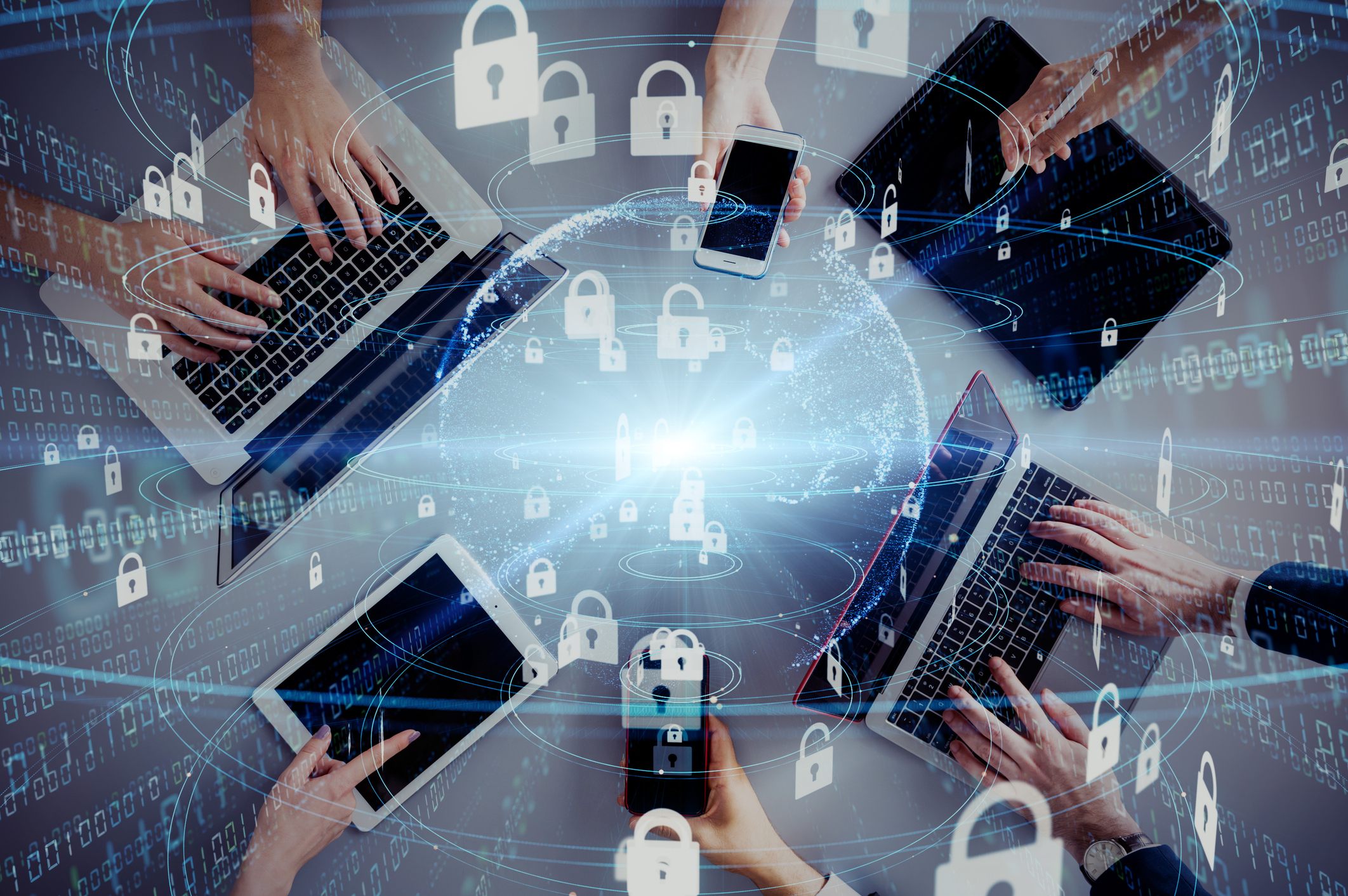Even in 2020, there are many places on Earth where getting a stable Internet connection can be difficult. Have you ever driven somewhere truly rural and dreaded seeing that little circle with the line through it in place of your data bars? While it means you can’t access social media, it is much worse to lose the things we consider necessities these days – email, texting, phone calls, or GPS directions. In bygone times, we somehow lived without these things, but times have changed. In an age where Internet connectivity is taken for granted, losing it seems harrowing for a lot of folks, particularly for those whose daily routine depends upon it. For them, passing through dead zones for a few hours a day is like being stranded in a desert in search of an oasis with Wi-Fi, not water.
SpaceX, the private space exploration company owned by Elon Musk, is working on a solution called StarLink. In order to provide the entire world with access to dependable Wi-Fi 24/7, the company has created a series of satellites that can, in theory, allow a consumer to have high-speed Internet access in any location. While SpaceX isn’t the only company planning to use satellites for a global Internet, it is so far the most successful one. But with over 800 StarLink satellites in orbit already, scientists have expressed worry over how the light pollution is causing issues with their ability to use telescopes from Earth as well as the environmental concerns with having excess junk and trash floating in space. However, the public’s desire for an omnipresent connection to the Internet overpower such concerns. One wonders if we will live to regret it.
While connectivity is a necessity in the modern age, is it possible to have too much of a good thing? The rise of accessibility to the Internet has not been universally considered positive. After all, there are a lot of people who use the Internet for malicious purposes. An increase in connectivity could therefore lead to an increase in all the negatives we’ve seen come with it, including an increase in cyberattacks, the spread of misinformation, and the negative effects that too much social media can have on our brains. With the StarLink program and others like it, our tether to our devices and by extension the Internet will become nearly inseparable. The Internet is already difficult to monitor and hackers even more difficult to track down and stop. Without safety nets in place, it is possible – perhaps even probably – that these issues will be exacerbated by what infinite access to a global Wi-Fi network will provide. With the beta of the StarLink program underway, this global network is a definite in our future. So make sure to shore up your personal cybersecurity measures and, more importantly, take some time away from the Internet once in a while.
